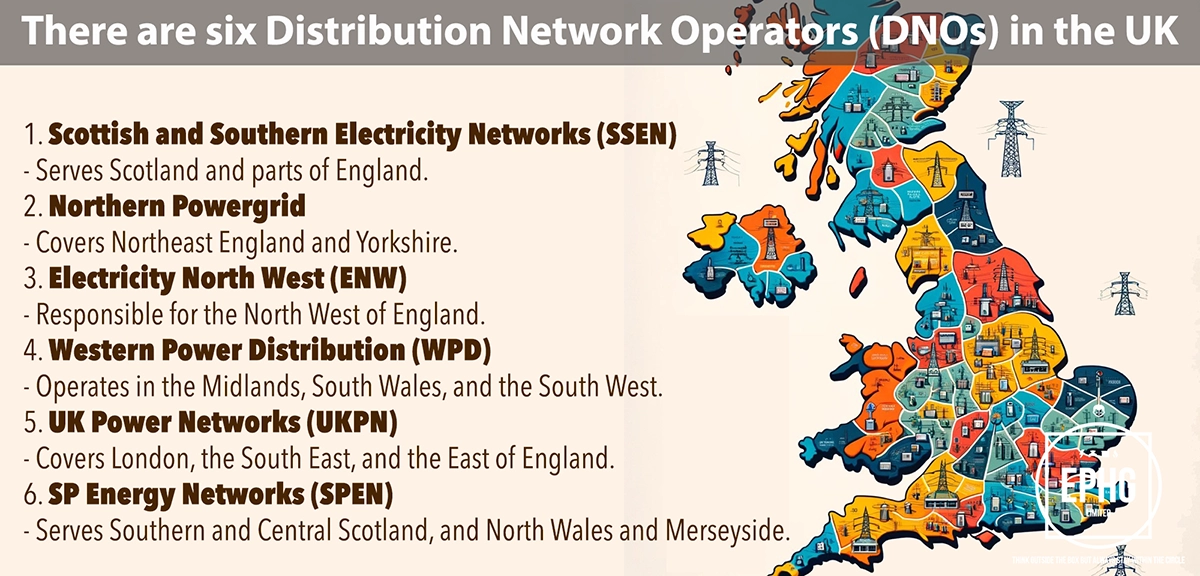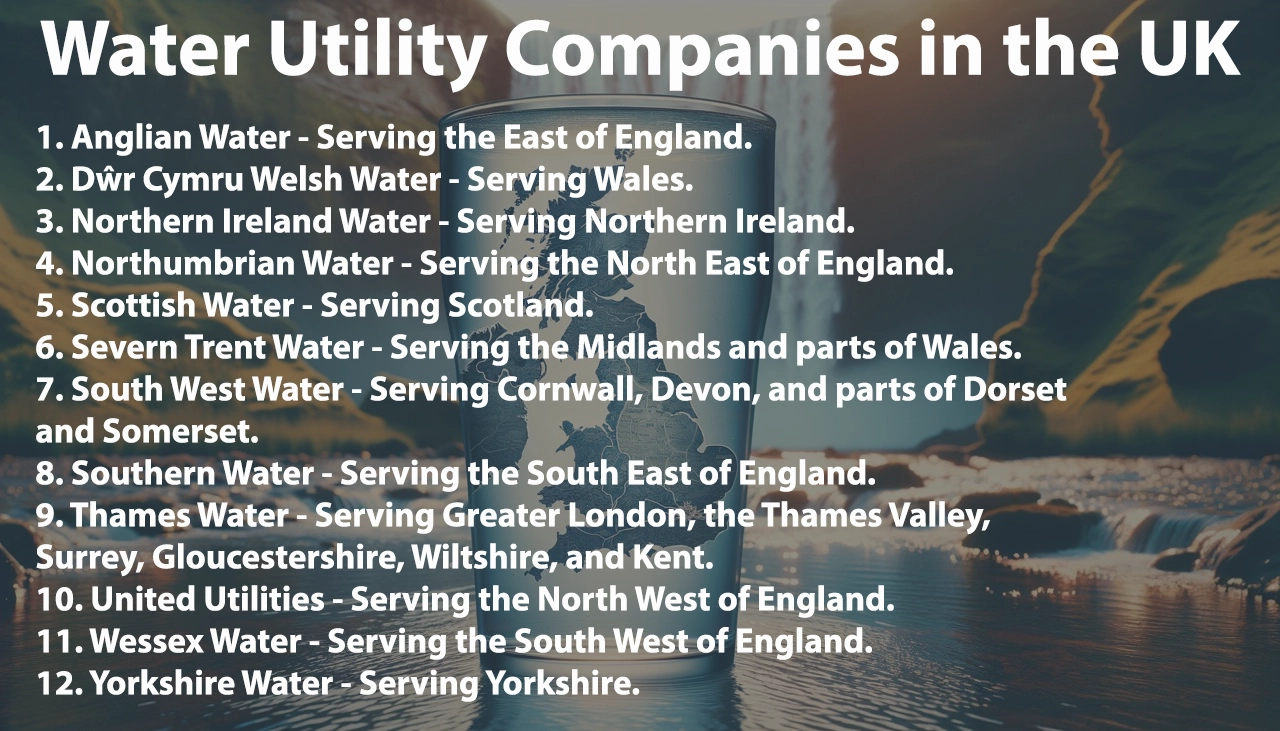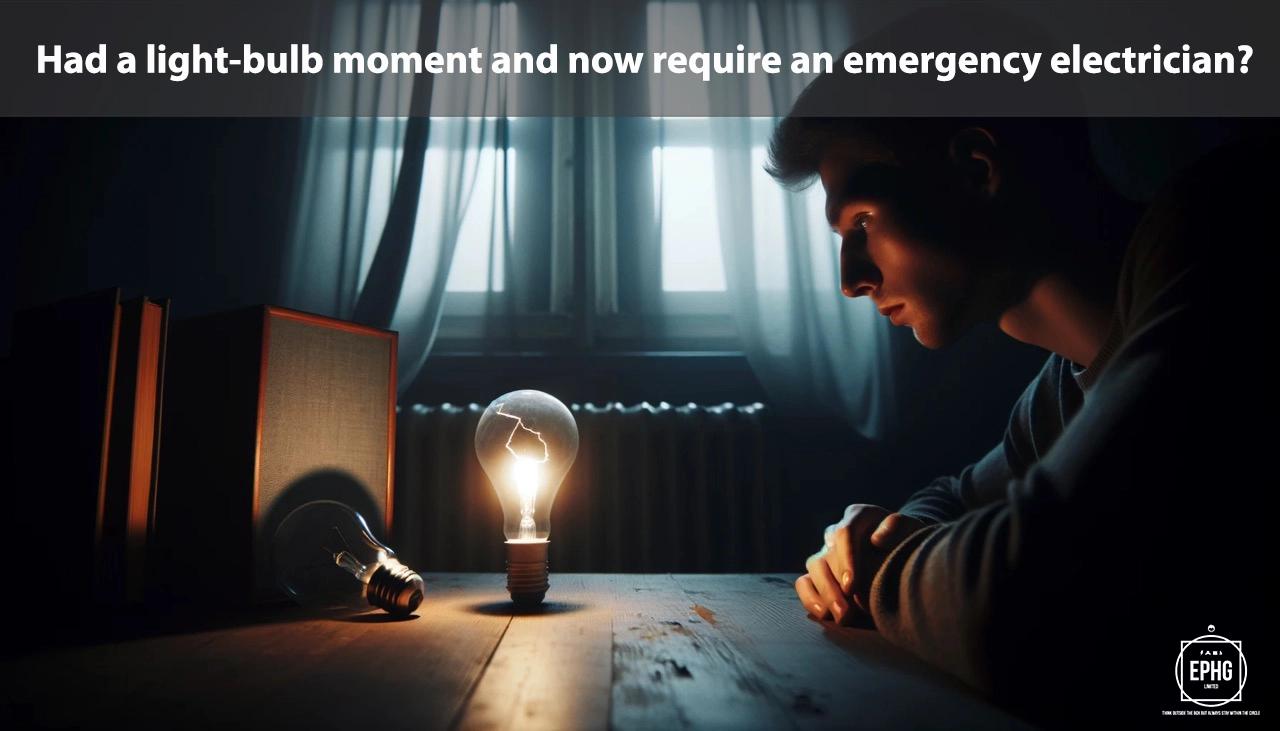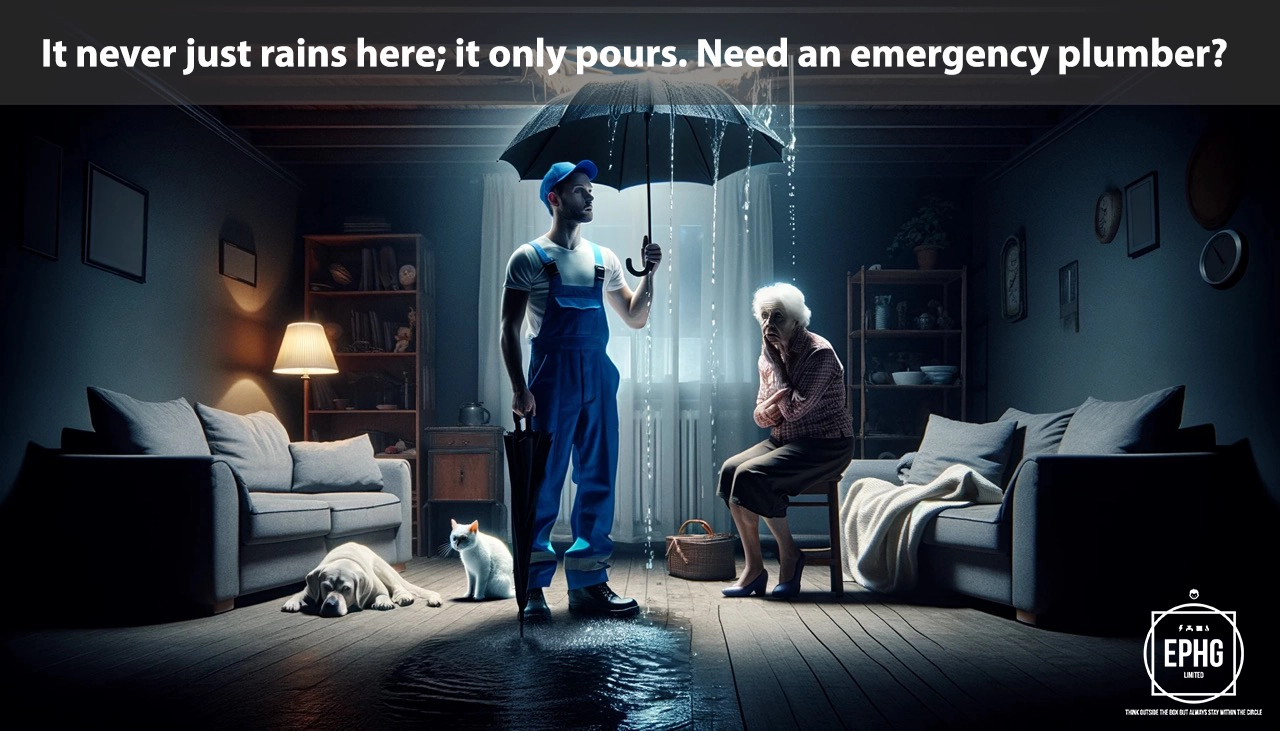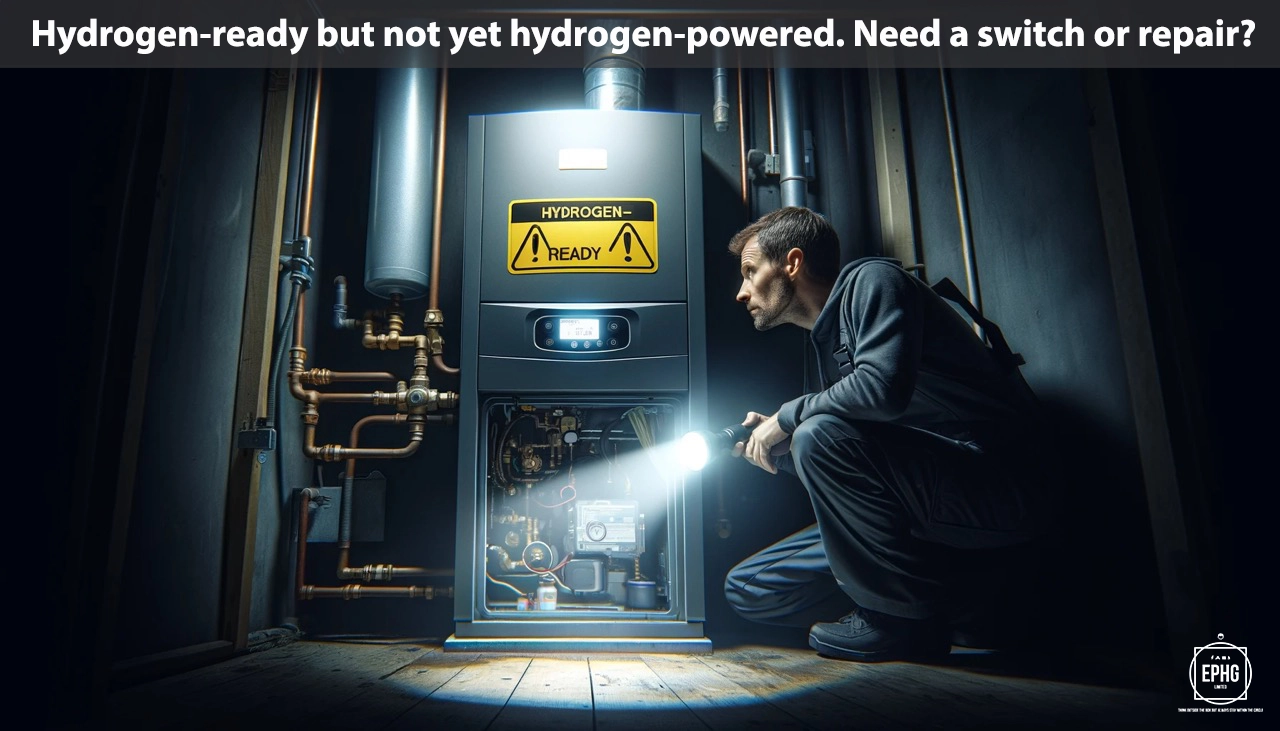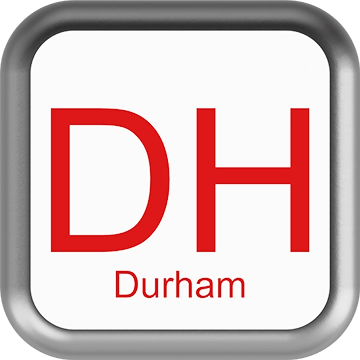
DH Postcodes for Utilities & Services in Durham
Introduction: The DH postcode area, covering Durham and its surrounding regions, presents an overview of local utilities including water and electricity. In this guide, we delve into various aspects of these essential services.
Water in Durham
Where does the water supply come from in Durham and is there ever a shortage of water?
In Durham, the primary water supply is sourced from reservoirs, rivers, and underground aquifers, managed by Northumbrian Water. This region benefits from a reliable supply due to its diverse sources, but it is not completely shielded from the risks of drought, particularly during prolonged periods of low rainfall. Despite these challenges, water scarcity is rare due to effective management and the region's generally wet climate. Northumbrian Water operates numerous treatment works to ensure the water meets safety and quality standards. Residents are encouraged to use water responsibly, following local conservation guidelines to help safeguard this vital resource for the future.
What is the hardness & quality of the water in Durham and can this affect your health?
The water in Durham ranges from soft to moderately hard, depending on the specific area and water source. The majority of the region's water, especially in coastal areas, tends to be softer due to its rainwater origins and shorter contact with rocks. Hard water areas are primarily due to groundwater sources. Durham's water undergoes rigorous testing to ensure it meets all health and safety regulations. While hard water can lead to scaling in appliances, it is not harmful to health and can provide essential minerals. However, for those with sensitive skin, softer water might be preferable. Northumbrian Water and health authorities work tirelessly to maintain high standards of water quality, ensuring it remains safe for all household uses.
Electricity in Durham
Where does the electric supply come from in Durham and what is the future of energy there?
Durham's electricity supply comes from a variety of sources, including conventional fossil fuels, nuclear power, and a growing contribution from renewable sources such as wind, solar, and hydroelectric power. The region is gradually transitioning towards more sustainable energy practices, aligning with national goals for carbon reduction and environmental preservation. Notably, there are developments in wind and solar energy projects within the region, contributing to a more diversified and sustainable energy mix. Durham is also exploring opportunities in emerging technologies such as geothermal energy and further expansion of biomass energy solutions. The future of energy in Durham is focused on increasing the use of renewable resources, enhancing energy efficiency, and reducing the overall carbon footprint, moving towards a more sustainable and secure energy supply.
When is hydrogen coming to gas boilers in Durham?
The adoption of hydrogen for heating in Durham aligns with the broader UK strategy to transition towards greener energy solutions. While there is no fixed timeline for the widespread introduction of hydrogen gas boilers, Durham is expected to follow national developments and pilot schemes. The transition will involve upgrading existing gas networks to transport hydrogen and adapting household boilers to use hydrogen as a fuel. This change is part of the UK's commitment to achieving net-zero carbon emissions by 2050. Durham residents are advised to keep their gas heating systems well-maintained while staying informed about new heating technologies and the gradual shift towards hydrogen energy, which promises a reduction in carbon emissions and a move towards sustainable heating solutions.
Where Does the Wastewater Go in Durham
In Durham, wastewater management is a critical function to ensure public health and environmental protection. Wastewater from residential, commercial, and industrial properties is collected and transported to treatment plants operated by Northumbrian Water. These facilities use advanced processes to remove contaminants and purify the water to stringent environmental standards before it is returned to rivers or the sea. This system is designed to prevent pollution, protect wildlife, and support the region's water cycle. Durham’s commitment to efficient wastewater treatment demonstrates its dedication to maintaining a clean, safe, and sustainable environment for all residents.
Regions and Services:
The DH postcode area covers a rich tapestry of environments, from the historic city of Durham to the smaller towns and villages of County Durham. Key regions include:
- Durham City: A hub of urban development and innovation, boasting comprehensive electrical and gas infrastructure alongside emerging renewable energy projects.
- Chester-le-Street, Seaham, and Consett: Towns combining historical heritage with modern utility services, reflecting diverse community needs and economic developments.
- Houghton-le-Spring, Peterlee, and Bishop Auckland: Communities witnessing an increase in renewable energy initiatives, which complement their existing traditional utilities and contribute to the region's sustainable development goals.
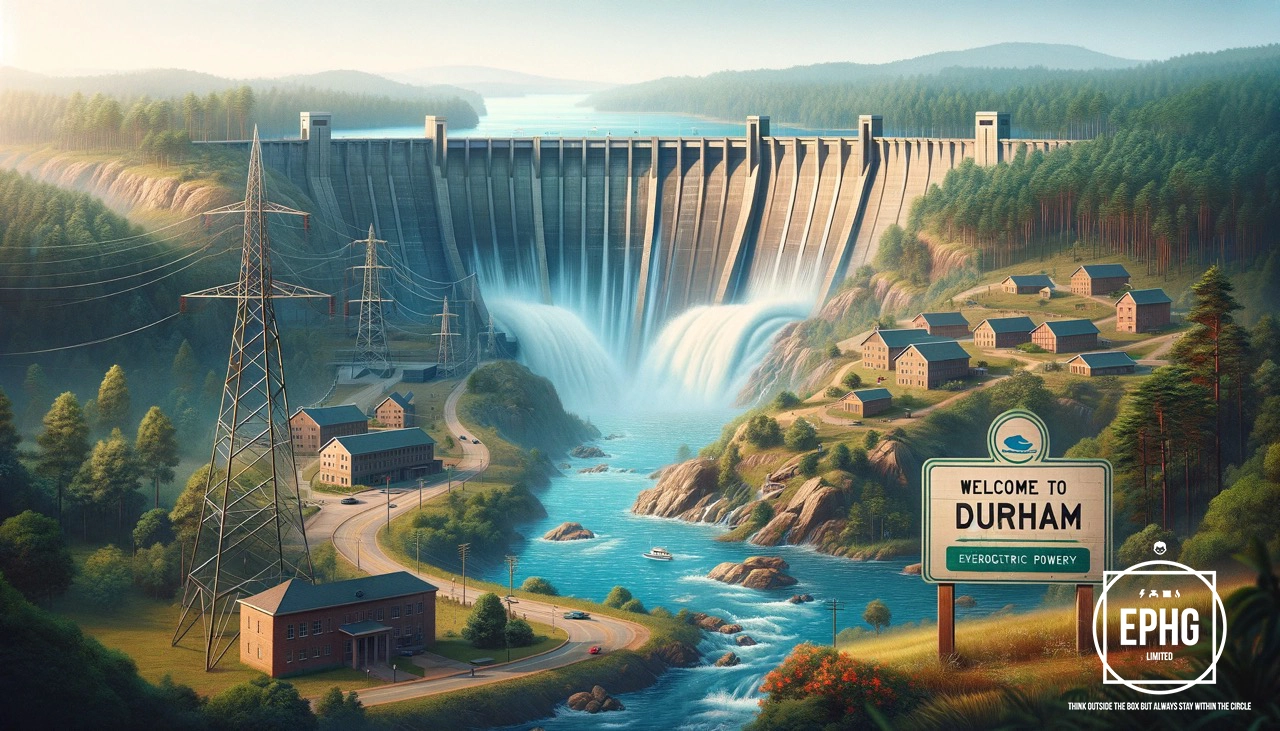
Regions within the DH Postcode
Durham and Surrounding Areas
- DH1: Durham City Centre, Belmont
- DH2: Chester-le-Street, Pelton
- DH3: Birtley, Ouston
- DH4: Houghton-le-Spring, Shiney Row
- DH5: Hetton-le-Hole
- DH6: Bowburn, Thornley, Coxhoe
- DH7: Brandon, Lanchester, Esh Winning
- DH8: Consett, Delves Lane
- DH9: Stanley, Annfield Plain
Surrounding Areas and Villages
- DH1: Framwellgate Moor, Newton Hall
- DH2: Kimblesworth, Great Lumley
- DH3: Great Birtley, Portobello
- DH4: Fence Houses, Chilton Moor
- DH5: Easington Lane, Murton
- DH6: South Hetton, Haswell
- DH7: Sacriston, Ushaw Moor, Burnhope
- DH8: Leadgate, Medomsley, Ebchester
- DH9: Dipton, Tanfield, Burnopfield
